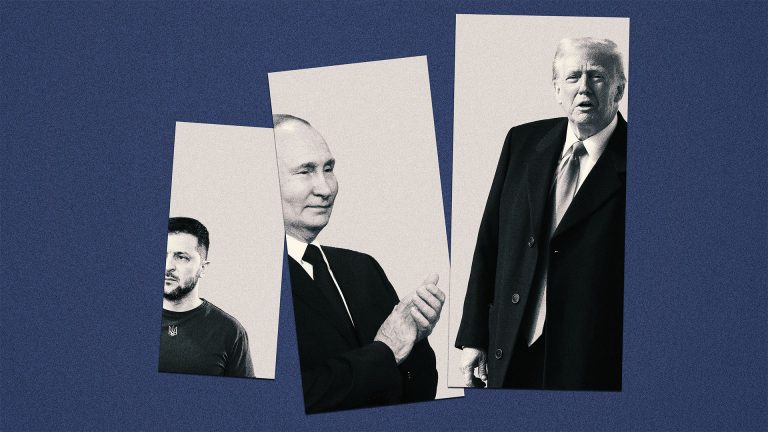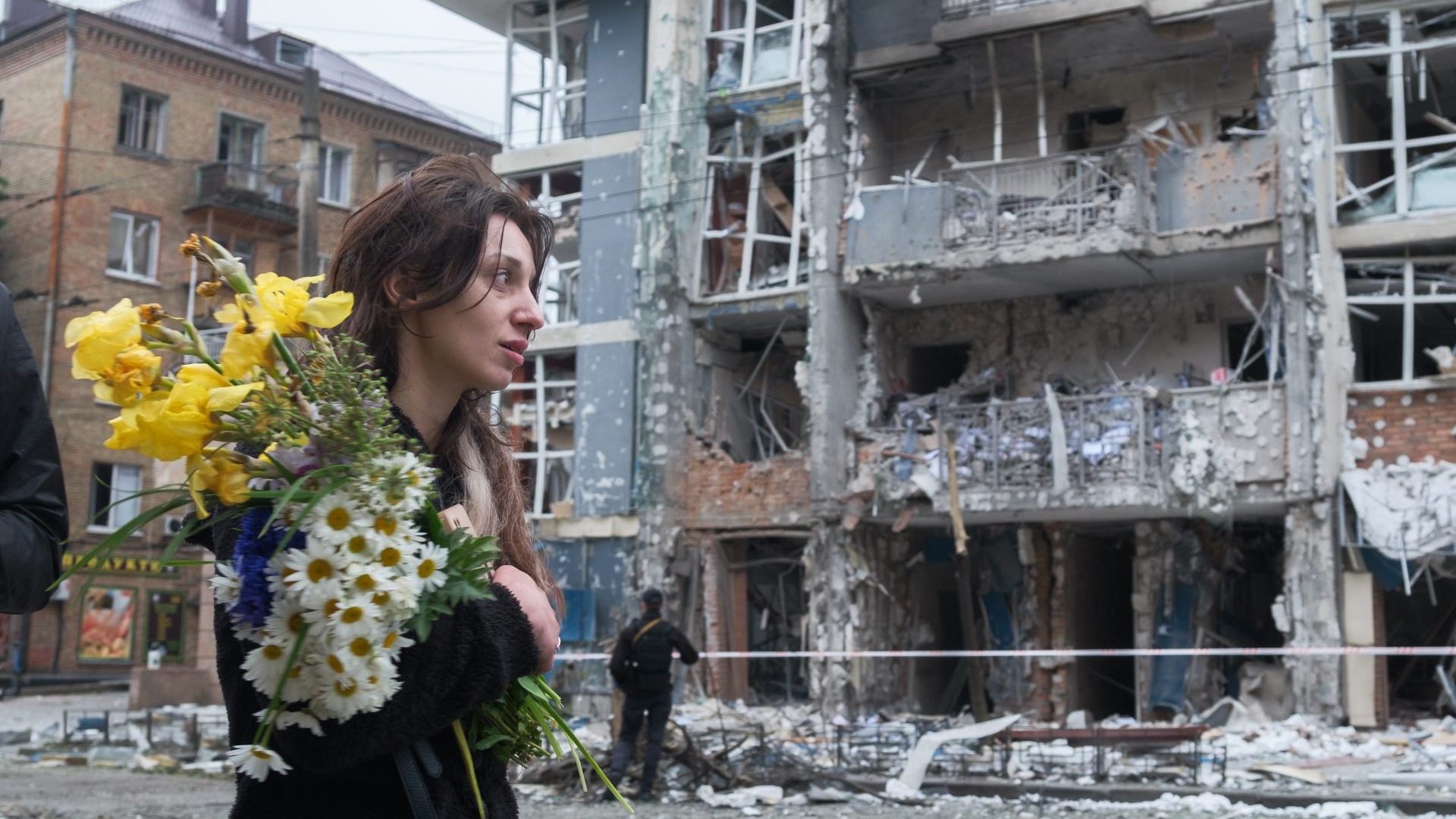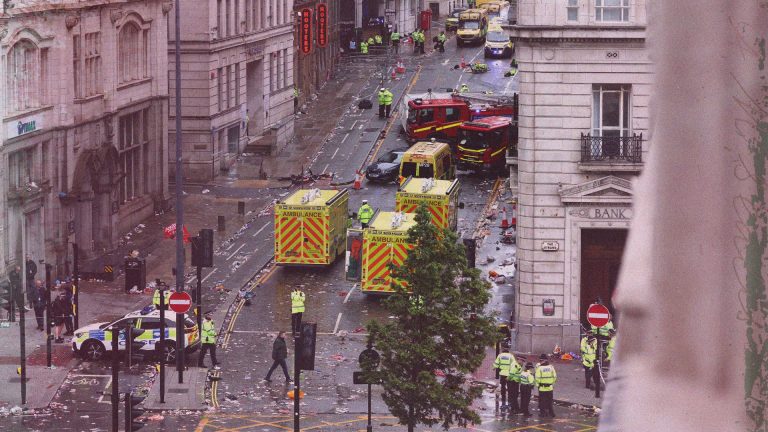Sitting in an apartment in central Kyiv as Russian missiles exploded in the sky, I didn’t expect my main thoughts to be “you are a visitor in this country.”
I was in Ukraine for the penultimate weekend of May, when Vladimir Putin’s record-breaking air raids finally caused Donald Trump to say: “He has gone absolutely CRAZY! He is needlessly killing a lot of people.”
Indeed. On the very same weekend that Ukraine and Russia exchanged 1000 prisoners, Putin sent hundreds of drones and dozens of ballistic missiles all over the country – including Kyiv, where I was staying in an Airbnb.
What’s strange about air raids is that you know they are coming. It’s probably not what Apple thought when coining the expression “there’s an app for that,” but there are a number of digital services that outline exactly where weapons are in the sky at any given moment. If you watch the apps for long enough, you will learn the pattern. They slowly creep up on the region you are in, before the alarm sounds and you’re encouraged to run for shelter. It’s almost like the danger zone itself is alive.
Suggested Reading

Ukraine’s defiance is rarer than minerals
These alerts come at all times of day and night. They happen so frequently that most Ukrainians no longer bother getting into cover. Most of the time, they are justified in doing so. The alarms go off, but you don’t hear much else – maybe the odd drone being taken out by anti-aircraft artillery (AAA) in the distance. Things go back to normal and the apps show the danger zone retreat back towards Russian-held territory.
In the case of the air raids that Putin launched that weekend, however, the alerts stayed stubbornly in place. It was around 10pm that I texted a friend back in London. Kyiv itself hadn’t been put on alert, though the surrounding areas on the map were all red. “They are droning the shit out of the east it seems… that scamp Putin.” Three minutes later, the alert went off for the city. I had assumed it would be another short-lived affair where drones were promptly dealt with. I confidently informed my friend I was going to try and sleep.
Smash cut to three hours later, and I’m texting the same friend: “Well thanks a lot Vlad … ballistics … getting blown up by Patriots.” It wasn’t my intention to be so glib, but in my defence, I was thick with sleep and had just been woken up by the loudest thing I’d ever heard.
My phone was full of messages from friends in Ukraine. Some were trying to reassure me: “Those big explosions were ballistic missiles but Patriot interceptors got them.” The same friend had texted me a couple of hours prior: “Hi mate, just a couple of Shaheds (Iranian-made drones) around tonight; nothing too serious though. Hope you’re enjoying your trip!” I’d slept through that message.
Another friend texted: “Are you OK? Fucking big one. That really sucked,” before offering advice on whether to get into an air-raid shelter or stay in place. Hours earlier, we’d been having a very normal coffee in the old part of town, talking about the state of Western media.
The raid stopped at around 5am, as the Shahed drones were pushed further back from the city. Again, that feeling that the danger zone was a living being came back to mind. I didn’t manage to get back to sleep, and headed for coffee the moment I knew the cafe on my street was open.
My barista, noting my order of three flat whites and presumably clocking the massive bags under my eyes, laughed and said: “yes, it was a loud one last night.”
The air raids of the past few days have by all accounts been unusually large – and such large raids on consecutive days are relatively new. But they were not exceptional to people who live here.
What’s happening in Ukraine isn’t normal. The war is entering a critical stage, as Russia prepares its summer offensive. As resilient as Ukraine has been, the odds really are stacked against it. And if it takes some of the biggest air raids of the war to date for Trump to finally call Putin “crazy”, then something really has gone badly wrong with how we are covering the worst war in Europe since 1945.
It’s understandable that Ukrainians have normalised such violence. But back in the UK, most people seemed unaware of the scale of these attacks. On the train back to London, someone even told me they thought a ceasefire had been agreed.
The British newspapers were full of stories about Starmer U-turns, the Brexit reset and other relative trivialities. It’s hard to reach any other conclusion than that we’ve stopped finding Putin’s barbarity shocking.









